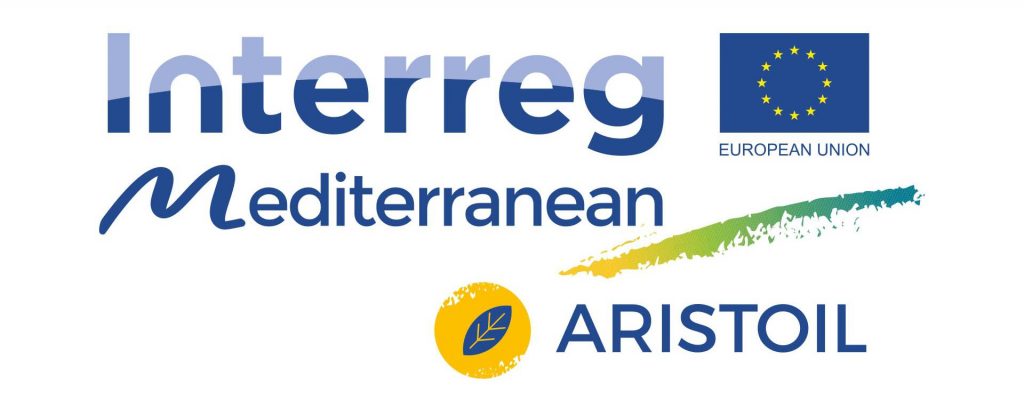
The proper training of olive growers, the certification of olive oil, its beneficial properties and the development of a Mediterranean Cluster are aimed at the three-year European project ARISTOIL under the Interreg Mediterranean program, involving Greece, Spain, Italy, Croatia and the Cyprus. Its main objectives are to increase the Mediterranean producers’ value in their product, their knowledge of olive oil production and its demand. With this program, Greek producers can achieve better quality and through it and increase their income because, unlike other countries, we have a smaller lottery. Therefore, those who deal with the olive, need to improve its quality.
The expected results
- Training of 3,000 olive oil and olive oil producers
A total of 3,000 oil and olive oil producers will be trained through the organization of 72 training programs and seminars for olive oil and olive oil producers throughout the project. Educational activities and seminars will be dedicated to informing producers and mills about innovative production methods and tools.
- Increasing knowledge for consumers
Consumers should be informed about the health benefits of high-phenol olive oil under EU Regulation 432/2012. A series of 44 informative days are organized in the participating countries in order to enhance the knowledge capacity of stakeholders and, above all, consumers.
- Develop a standardized procedure for certifying the “Health Claim”
Increasing the competitiveness of the olive oil sector in the Mediterranean lies in the construction of a ‘high quality’ mark for olive oil produced in the Med region, which meets minimum specific standards. The development of standardized certification procedures and the creation of two certification centers in Spain and Greece that meet the needs of all Med areas will ensure the end-user quality of the product.
- Development of the ‘cluster’ of olive oil in the Mediterranean
A Mediterranean cluster of key players in the olive oil sector will be developed to facilitate networking and cooperation across the Mediterranean. An electronic center will support communication and exchange of experience among the key players. Information on new market opportunities, exhibitions, seminars, demand and other ideas will be leaked through this hub.
From the Greek side, 31 municipalities and 2 Regions of the country and a total of 1,200 producers from 2,500 olive groves participate.
“It is extremely important to educate all producers with good and innovative methods, both in the collection and processing of the olive,” said Krimmanniotis.
More than 2,000 samples of olive oil have been taken so far from various parts of Greece and the analyzes have highlighted the high indicator of Greek olive oil protection. These samples were obtained from an experimental portable mill that moves across Greece.
